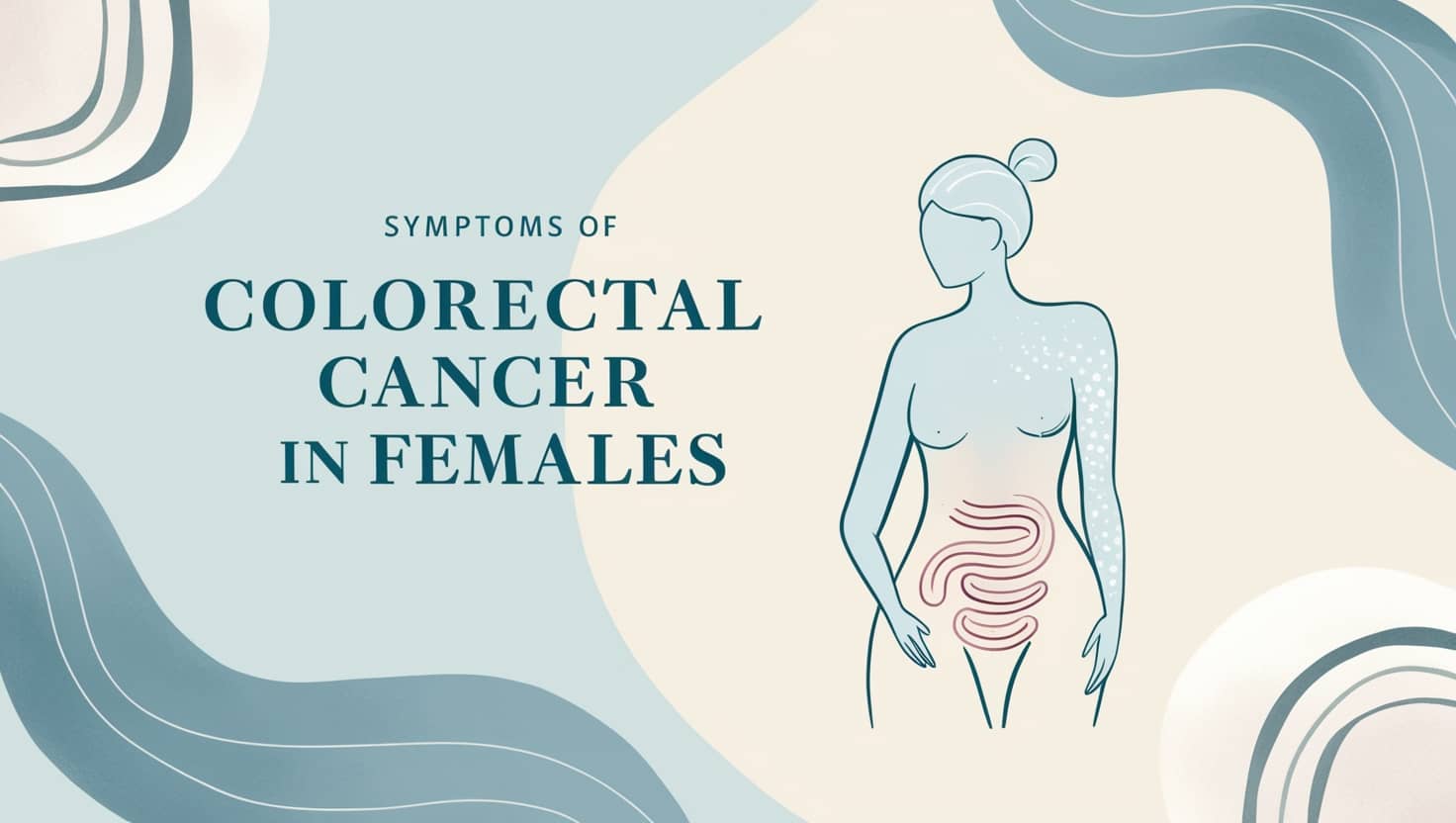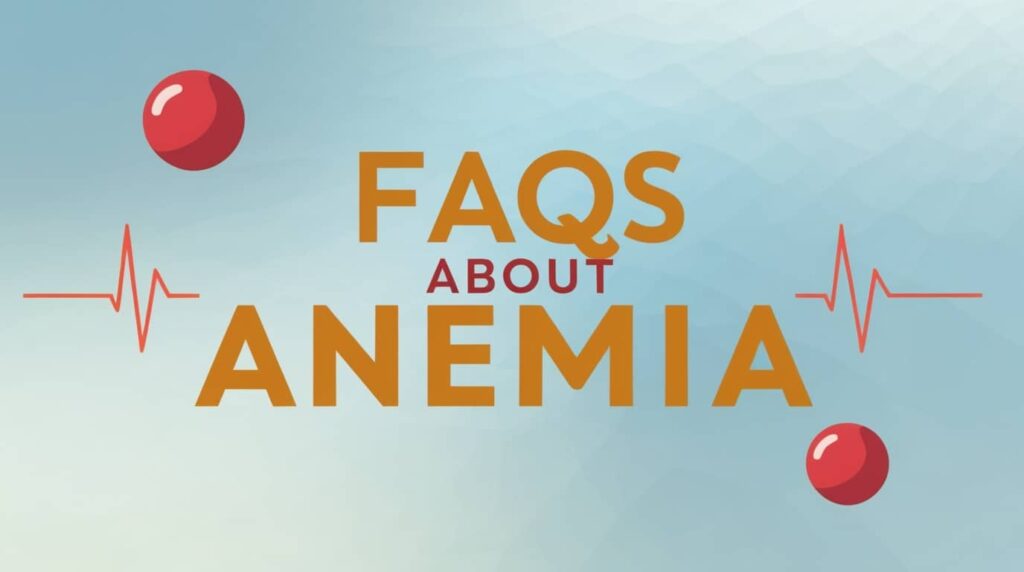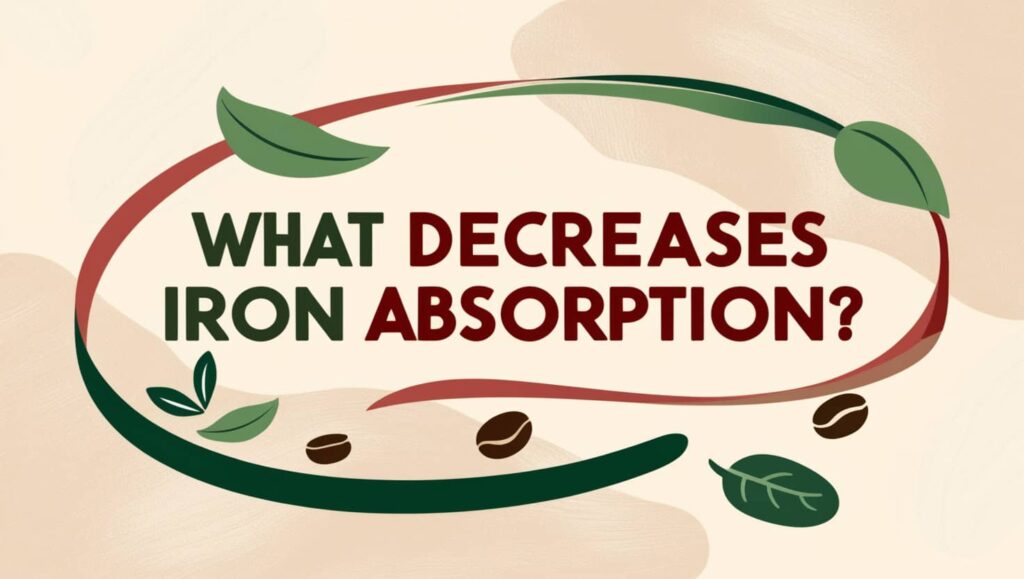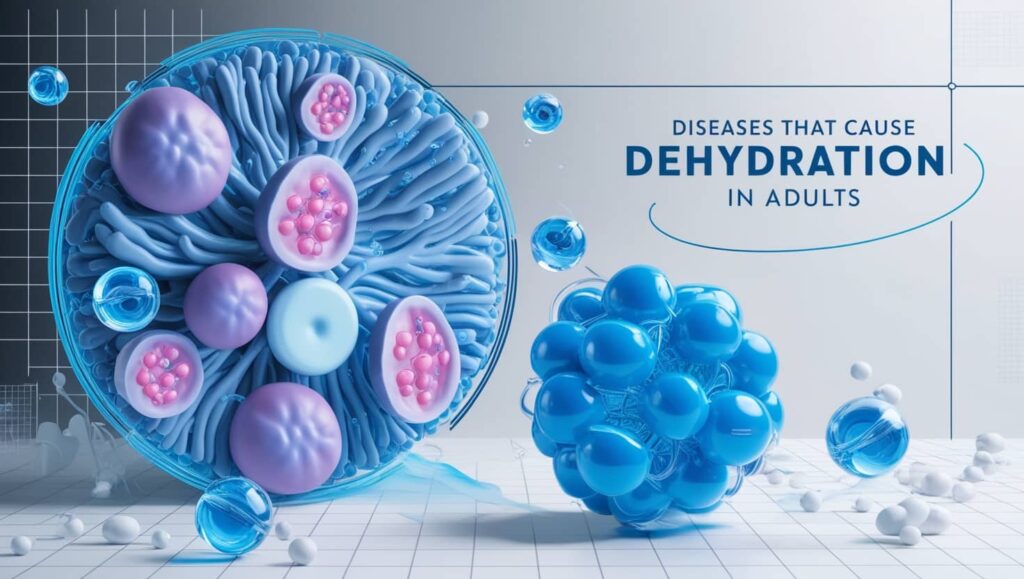In the US, colorectal cancer ranks third in terms of both diagnosis and cancer-related mortality for both sexes. Colon and rectal cancers are the second leading cause of cancer-related death both globally and in the US. Because colonoscopy screening is so common in Western nations, incidence rates have declined. Nonetheless, the illness is becoming more common in younger adults.
Risk Factors
- Age: Over 65 is the median age at which sporadic colon cancer is diagnosed.
- Family history: Having a family member with colon cancer raises one’s risk of getting the disease themselves.
- Mutations linked to inherited colon cancer: Peutz-Jegher polyposis, FAP, and HNPCC are genetic disorders that raise a person’s risk of developing colon cancer.
- Adenomas on screening colonoscopy: Sessile serrated polyps and villous adenomas pose the greatest risk of malignancy.
- Inflammatory bowel disease (IBD) history: The expected yearly incidence of ulcerative colitis is 0.5% over the first 10 to 20 years after an IBD diagnosis and rises to 1% thereafter. Crohn’s disease may raise the risk of malignancy if it is present in the ileocolic region.
- Environmental and lifestyle factors: Immunosuppression, cigarette smoking, alcohol use, obesity, processed red meat diets, insulin resistance, and a history of radiation exposure all raise the risk of this cancer.
Epidemiology
Colorectal cancer, the third most common cancer in the US, accounted for 7.8% of all newly diagnosed cancers in 2023. 70% are colonic, with men more likely to develop it. The incidence has decreased, but rates have slowed. Racial and socioeconomic disparities contribute to the disease’s incidence and prognosis, with higher rates in developed countries.
Early Symptoms of Colorectal Cancer in Women
Colorectal cancer early symptoms in women are common, including blood in the stool, unintentional weight loss, constipation or diarrhea, iron-deficiency anemia, excessive fatigue, chest pain, discomfort, and abdominal pain.
While left-sided lesions result in problems with defecation, right-sided tumors frequently appear with anemia.
Common Digestive Issues Linked to Colorectal Cancer in Women
- Constipation
- Diarrhea
- Abdominal/pelvic pain
- Abdominal bloating and gases.
Advanced Signs of Colorectal Cancer in Women:
Acute surgical emergencies can occur in patients, typically as a result of bleeding, perforation, or blockage from tumors. Depending on the organ of dissemination, advanced illness might exhibit various symptoms.
Diagnosis
- Colon cancer evaluation involves barium enema or CT colonography, with a sensitivity of 94.7% if performed by an experienced operator. Colonoscopy should include multiple biopsies and peritumoral colon tattooing for identification.
- Routine laboratory tests include blood count, iron studies, metabolic panel, liver function tests, and coagulation tests.
- Carcinoembryonic antigen (CEA) is the most common tumor marker for colon cancer, and high levels correlate with poor prognosis.
- The National Comprehensive Cancer Network recommends universal testing for MMR/MSI status, KRAS, NRAS, HER2, and BRAF mutations, and chest, abdomen, and pelvic CT scans.
Read Also: Stage 1 Colon Cancer Symptoms
Management and Treatment
- The most common treatment for colon cancer is surgical resection. The tumor’s location and stage determine the type of resection, the amount of the lymphadenectomy, and the particular procedures used.
- A fraction of more advanced colon tumors may benefit from adjuvant chemotherapy. Systemic treatment is used to treat patients with metastatic conditions.
- Colon cancer rarely responds to radiation therapy. Patients with advanced colon cancer may occasionally receive palliative treatment using surgical procedures.
Patients with colon cancer require multidisciplinary care, including proper screening and colonoscopy screening. Despite its effectiveness, colonoscopy is not widely used. Promoting healthy lifestyle choices like a balanced diet, regular exercise, reducing alcohol intake, and quitting smoking is crucial.
References
Menon, G., & Cagir, B. (2024). Colon cancer. In StatPearls. Treasure Island, FL: StatPearls Publishing. Retrieved from https://www.ncbi.nlm.nih.gov/books/NBK470380/.
Fritz, C. D. L., Otegbeye, E. E., Zong, X., Demb, J., Nickel, K. B., Olsen, M. A., Mutch, M., Davidson, N. O., Gupta, S., & Cao, Y. (2023). Red-flag signs and symptoms for earlier diagnosis of early-onset colorectal cancer. Journal of the National Cancer Institute, 115(8), 909–916. https://doi.org/10.1093/jnci/djad068








